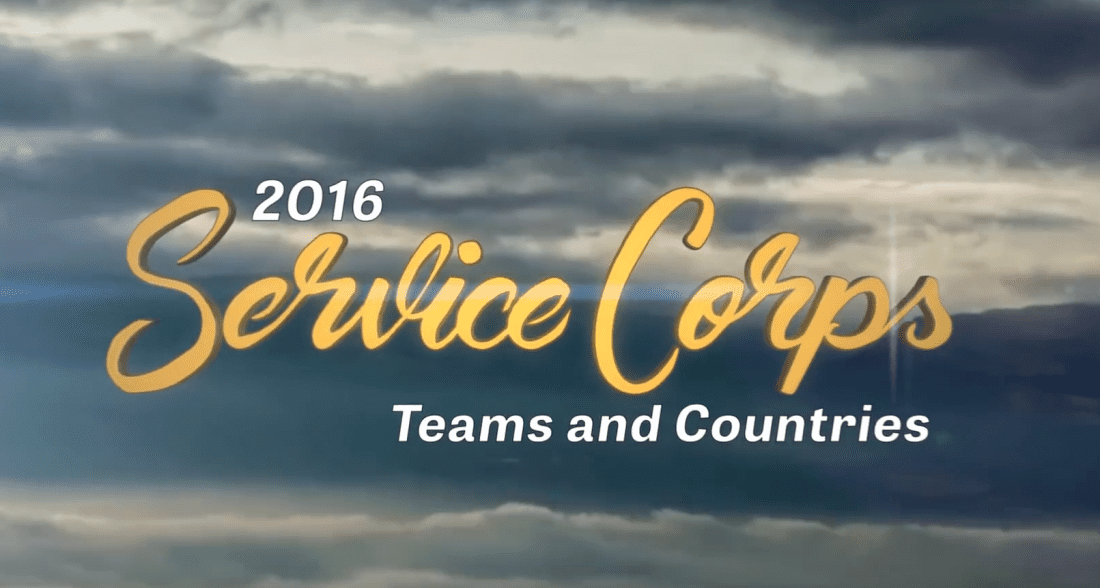by Robert Docter –
Cynicism is a self-fulfilling prophecy.
Its roots spread and grow in a dung heap of doubt. Where cynicism lives, trust is absent. No courage beats in the heart of the cynic. When cynicism’s contagion pervades an environment, complacency festers, positive expectations die and creativity becomes its casualty.
Cynicism rears its foppish head as individuals and organizations confront the necessity of change. Predictions spew forth, laden with negativity. Pessimism gains the upper hand. As the cynical sentences surround our thoughts and sap our will, we begin to behave as if they were true. Without evidence, the cynical expressions are elevated to reality, accepted as accurate descriptors, and limit us to the unchanging dimensions of the status quo.
Change threatens. Fear follows. The process is risky for us. The safety and comfort of constancy seduce us with a tepid bath of denial. We feel secure in our refuge of certainty. Even though we recognize the toxicity of the present, growth’s tensions keep us rigid and unwilling to confront the necessity of change. In order to justify our unwillingness to change, we engage in cynical thoughts designed to place blame elsewhere. We fail to see how we contribute to our own problems. “It’s not my fault.” We become addicted to safety. The addict blames her stuckness on anyone and anything except herself–on the impossibility of recovery–the inadequacy of parents–or the failure of a recovery program. “I can never change,” she says.
Cynical negativity in and of itself damages a group as well. It spreads. But what is even more damaging is the result of the cynicism as individual members of the group begin to accept the truth of the cynical observations. The man who says: “All politicians never really work for the public. They can’t be trusted; therefore I’m not going to bother to vote” guarantees the actualization of his predictions. A chain of events begin. Special interests buy their desired electoral results. The “bought” politicians serve the special interests rather than the public. The cynic’s view appears true and is positively reinforced. Democracy as an institution receives a mighty blow. The nation suffers.
It even happens in the Army. I suspect you’ve heard some cynicism as you have engaged in the “visioning” process with some of your fellow corps members. I’ve heard it in various meetings I’ve attended. The cynics say: “This is just another chapter of the same old story–another campaign to go through the motions to please some leader.” They whisper their calumny under their breaths or shout it at the top of their lungs. “Nothing will change,” comes the response as the contagion spreads through the room. “What’s the evidence that any good will come of this?” they ask with false sincerity.
I can understand the historical antecedents to trust problems in relation to Army campaigns. But this process began 10 years ago. There was certainly no evidence in the MISSION2000 campaign to validate cynicism. It brought dramatic change and growth and lived across the administrations of three different territorial commanders. Moreover, this visioning process in which we are currently engaged absolutely means business. When have you ever seen a change effort introduced without a catchy title? That title is waiting for the territory to focus on a vision–a new direction–a series of essential goals to keep us viable in the future. When have you ever seen every person in a Sunday meeting interviewed–with the data assembled and reported back to all the participants? When have you ever seen the development of vision statements in every corps limited only by the expression of broad organizational values? When have you ever heard of a territorial commander canceling all corps reviews for a year in order to assure more extensive participation in the vision process? When have you ever witnessed a new mind-set by leaders which place them in a helping rather than a directing orientation to the field?
Believe me. This thing is real. Not too many people get the opportunity to live across a millennium. It will be more than just another year–more even than just another century. The world spins with the expectation of rapid and exciting change. Not too many Salvationists have the responsibility and the privilege to examine or even reshape this Army. We are engaged in the fundamental first step of renewing this old Army to fit demands of the 21st century. Our leaders genuinely want our help. They shout at us: “YOU CAN!” We are limited only by the dimensions of our own creativity and our willingness to squelch, stomp and stop any cynical disbelief that what we endeavor to achieve will become actual.
I CAN! CAN U?













